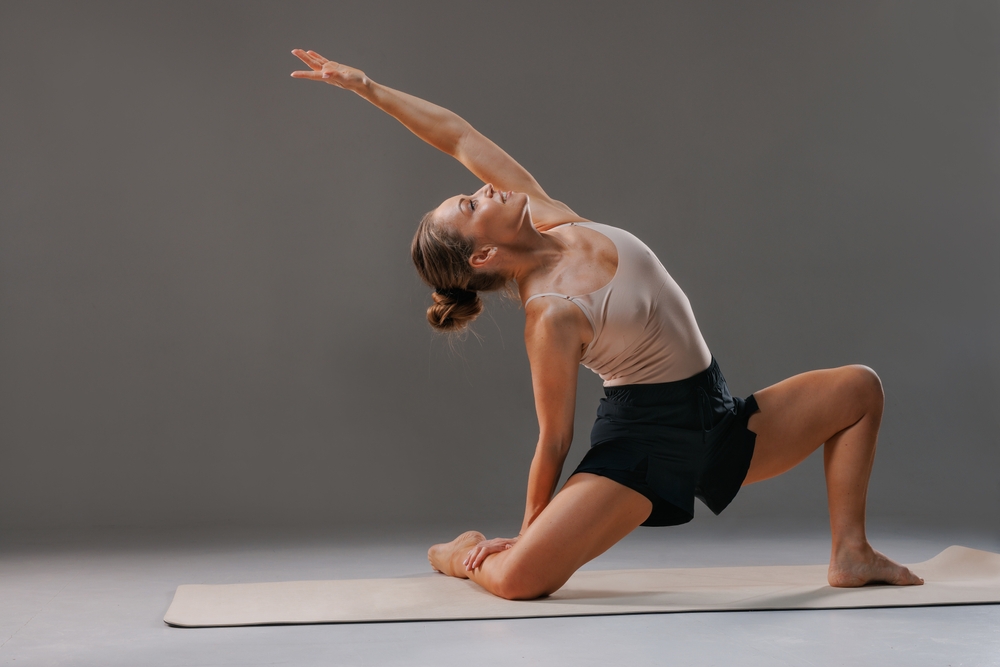Biohacking Your Breath: The Science of Controlled Breathing for Optimal Health
Can the way you breathe transform your health and well-being? Emerging research suggests that conscious breath control may be a powerful, yet underutilized tool for enhancing physical and mental performance. This article explores the cutting-edge science behind controlled breathing techniques and their potential to revolutionize our approach to wellness.

Early studies in the 1970s by Dr. Herbert Benson at Harvard Medical School laid the groundwork for understanding how slow, deep breathing could elicit a relaxation response. This paved the way for more targeted research into specific breathing techniques and their effects on various bodily systems.
The Autonomic Nervous System Connection
One of the key ways controlled breathing impacts health is through its influence on the autonomic nervous system (ANS). The ANS regulates involuntary bodily functions like heart rate, digestion, and blood pressure. It consists of two branches: the sympathetic nervous system (SNS), which activates the fight-or-flight response, and the parasympathetic nervous system (PNS), responsible for rest-and-digest functions.
Certain breathing patterns can shift the balance between these two systems. For example, slow, deep breaths activate the PNS, promoting relaxation and reducing stress. Conversely, rapid, shallow breathing can trigger the SNS, increasing alertness and energy levels.
Breath and Brain: Cognitive Enhancement Through Respiration
Recent neuroscience research has revealed intriguing connections between breathing patterns and brain function. A 2016 study published in the Journal of Neuroscience found that nasal breathing, in particular, enhances memory consolidation.
Furthermore, controlled breathing has been shown to affect brain wave patterns. Specific techniques can increase alpha and theta waves, associated with relaxation and creativity, potentially enhancing cognitive performance and problem-solving abilities.
Respiratory Biofeedback: Training Your Breath for Better Health
Advancements in wearable technology have made it possible to track and analyze breathing patterns in real-time. This has given rise to respiratory biofeedback training, where individuals can learn to optimize their breathing for specific health outcomes.
Apps and devices now offer guided breathing exercises tailored to individual needs, whether it’s reducing anxiety, improving sleep quality, or enhancing athletic performance. This personalized approach to breathwork represents a significant step forward in making these techniques more accessible and effective for the general public.
The Microbiome-Breath Connection: A New Frontier
An exciting area of emerging research is the potential link between breathing patterns and the gut microbiome. Preliminary studies suggest that certain breathing exercises may influence the composition and activity of gut bacteria, potentially impacting digestive health, immune function, and even mood.
While more research is needed to fully understand this connection, it opens up new possibilities for using breathwork as a tool for holistic health optimization.
Breathing Techniques for Optimal Health
-
Box Breathing: Inhale for 4 counts, hold for 4, exhale for 4, hold for 4. Repeat.
-
4-7-8 Technique: Inhale for 4 counts, hold for 7, exhale for 8. Excellent for stress reduction.
-
Alternate Nostril Breathing: Alternately close one nostril while breathing through the other. Balances the nervous system.
-
Diaphragmatic Breathing: Focus on expanding the belly, not the chest, while breathing deeply.
-
Coherent Breathing: Breathe at a rate of 5-6 breaths per minute for heart rate variability improvement.
The Future of Breath-Based Wellness
As research continues to unveil the profound impacts of controlled breathing on health, we can expect to see more integration of these techniques into mainstream healthcare and wellness practices. From managing chronic conditions to enhancing cognitive performance, the simple act of conscious breathing holds immense potential for improving our overall quality of life.
By harnessing the power of our breath, we have access to a free, always-available tool for health optimization. As we continue to unravel the complexities of the breath-body connection, one thing is clear: how we breathe matters, and learning to do it well could be the key to unlocking our full health potential.






